Practice Support
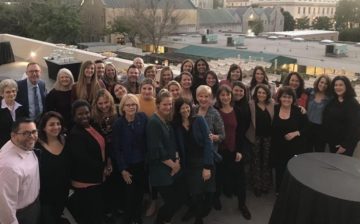
Nominations for CSHA board and 2024 honors now open
Serve on the Board of Directors Now is an important time to serve on the CSHA board as it continues its work of the last few years to build a stronger, more impactful and more inclusive organization with a philosophy of continuous change and improvement. We envision a world where all people are empowered with ...[Read More]
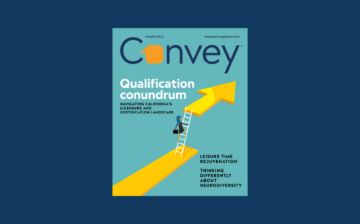
Qualification conundrum
Navigating California’s licensure and certification landscape (From Summer 2022 Convey magazine) By Jill Scofield When it comes to practicing in California as an SLP or audiologist, what’s required? License? Certification? Credential? According to Paul Sanchez, executive officer of the Speech-Language Pathology & Audiology & Hearing Aid Dispensers Board (SLPAHADB), as far as the State of ...[Read More]

Nominations for CSHA board and 2023 honors now open
Serve on the Board of Directors Now is an important time to serve on the CSHA board as it continues its work of the last few years to build a stronger, more impactful and more inclusive organization with a philosophy of continuous change and improvement. We envision a world where all people are empowered with ...[Read More]
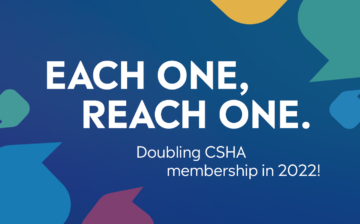
Each One, Reach One
Doubling CSHA membership in 2022 If you’re a CSHA member, now's the time to bring a colleague into the CSHA community! If you’re not a member, now's the time to join for access to best practices, research-based knowledge and opportunities to network with like-minded professionals in the speech, hearing and language field. JOIN OR RENEW ...[Read More]
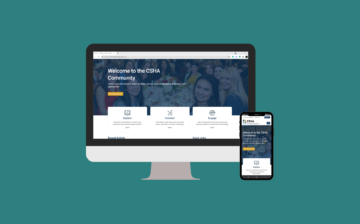
New virtual community launches today
We are thrilled to announce an exciting new member benefit! We have just launched a new virtual platform to help our community engage and connect. We are excited to present you with the new, virtual “CSHA Community,” one of the most powerful member benefits in CSHA history. It is your connection to an incredible resource – 3,000+ ...[Read More]
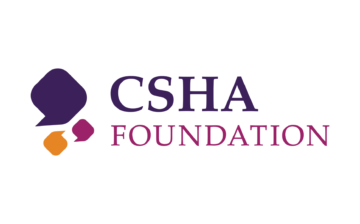
Applications being accepted for student scholarships
The CSHA Foundation invites CSHA student members currently enrolled in a graduate program pursuing a degree in the fields of speech-language pathology, communication sciences and disorders, communicative disorders, or a doctoral degree in audiology, to submit scholarship applications. Up to five recipients will receive $1,000 each and be recognized at the 2021 CSHA Virtual Annual Conference. The deadline to apply is Dec. 15, 2020! To …[Read More]
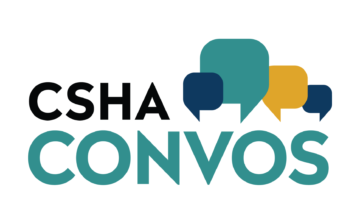
Announcing CSHA Convos
Critical conversations in the community CSHA is pleased to announce a new, safe virtual space for important conversations. CSHA Convos are intended to be a safe place where some of the most-needed conversations can happen … a place for insights, knowledge and awareness. CSHA hopes to elevate the unique and upcoming voices in the field, …[Read More]
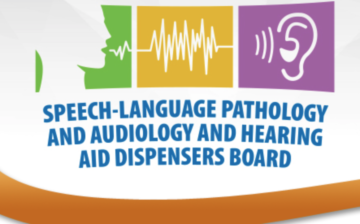
California State Licensing Board: COVID-19 Updates and Frequently Asked Questions (FAQs)
This week, the California Speech-Language Pathology and Audiology and Hearing Aid Dispensers Board has posted their official COVID-19 Updates and responses to Frequently Asked Questions (FAQs). This important information is now up on their website. They have shared that they will continue to update their website on COVID-19 updates as they coordinate and receive information …[Read More]
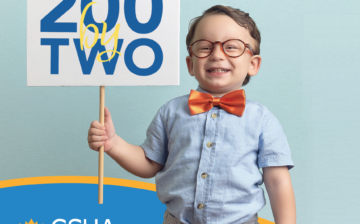
200 by Two
Early Intervention Guide on Communication and Language Development By their second birthday, most children have a vocabulary of about 75-225 words and are beginning to combine words into two- to three-word phrases. While prevalence estimates vary, about 10 percent to 20 percent of 2-year-olds don’t reach this milestone and consequently may experience difficulties learning to …[Read More]
